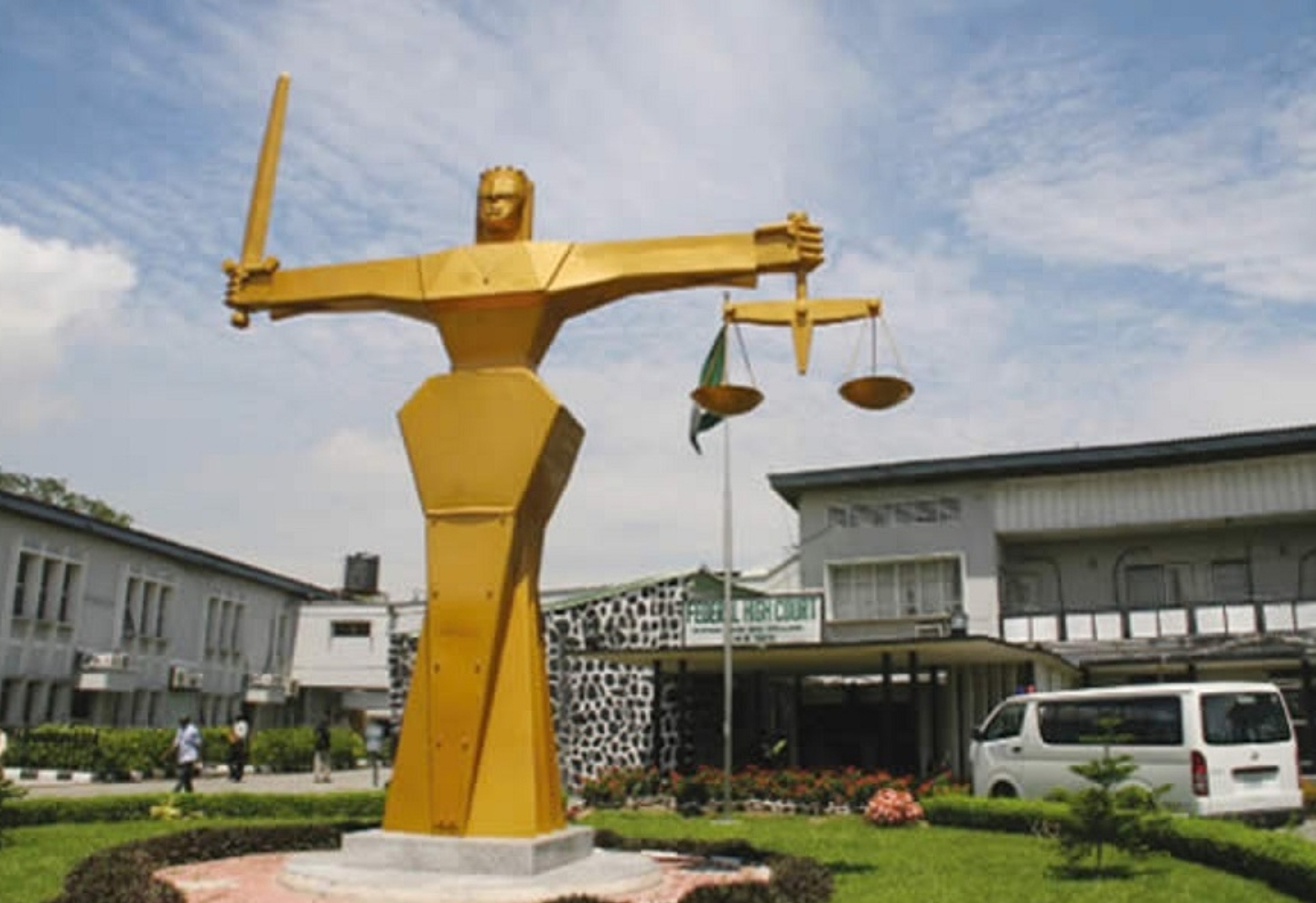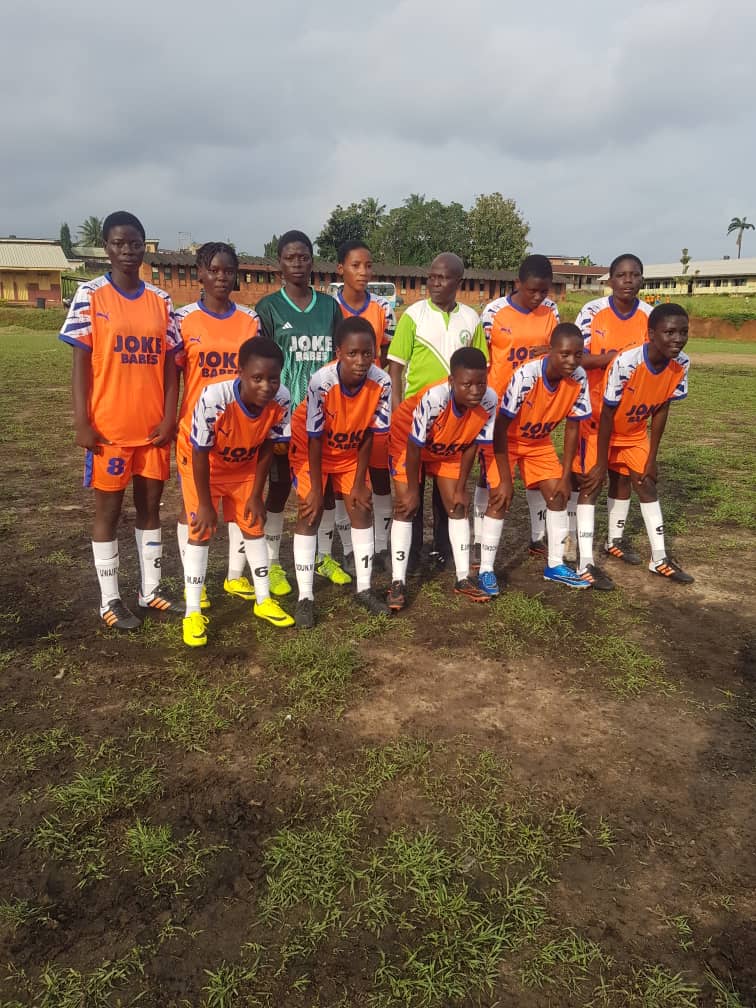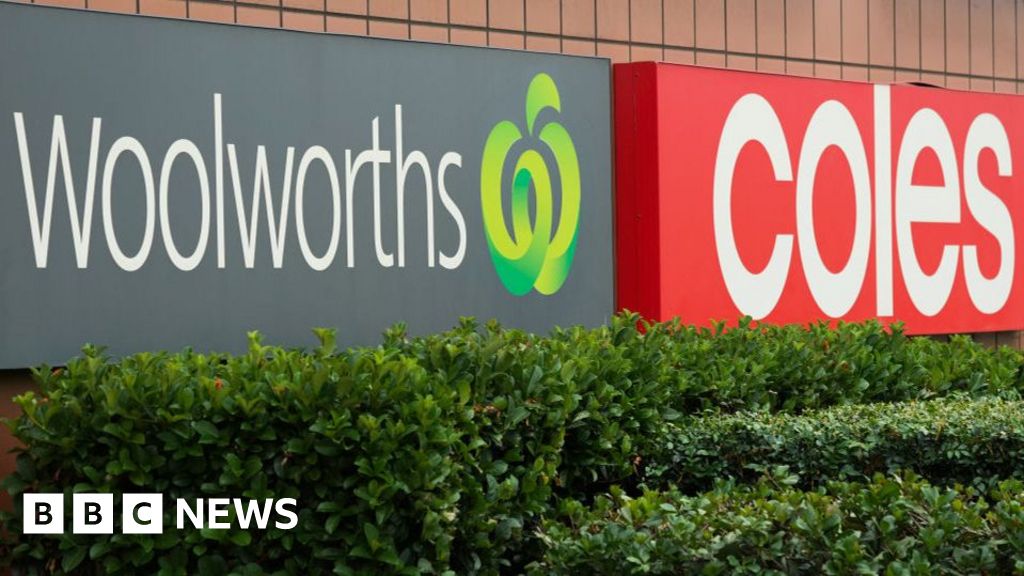Place your adverts here on InfoDig @ low rates; banner ads, sponsored links and guest articles etc. Contact us
…Mulls industrial parks for local production
The Presidential Compressed Natural Gas Initiative (PCNGI) says it has so far received $175 million in investment to drive the penetration and usage of compressed natural gas (CNG) as an alternative fuel for Nigerians following the hike in price of petrol.
Micheal Oluwagbemi, the programme director, disclosed this in an exclusive interview with BusinessDay.
According to him, the initiative has established a total of 130 vehicle conversion centres across eight states, including, Edo, Lagos, Kogi, Ogun, Delta, Oyo, Nasarawa and the FCT, in pursuit of the one million conversion target in three years.
According to the director, there had been a series of planning and engagement with relevant stakeholders to ensure that the programme started well and was implemented to meet global standards.
“Any good thing takes time because you must plan and the supply chain to get this project done is global. It’s from China, India, Portugal, Poland, Brazil. That’s where all these products come from and because it’s a new industry, we can’t manufacture CNG cylinders, for example.
We’re not the ones who invented CNG manufacturing kits. So, even before you place the order, you must plan the order. You must first understand and decide what you are going to do. That takes you maybe two to three months.
”Then you need to find where you can get what you want to start the programme and then you need to make sure that locally, there’s capacity, which means there are technical resources. Technicians must be trained because you don’t want to bring a product that works for two months and breaks down and we have to call somebody in India, China, or Brazil to fix it. And so getting the technical resources ready, and building the conversion centres, takes time. Any good thing takes time. I want to say that, yes, we are starting now after we’ve been implementing behind the scenes for eight to nine months.
Read also: CNG: FG call for increased state governments investment
”We need a lot of conversions to be done, as I’ve said, but we need conversion centres, and we need technicians. As of this time last year, we had just seven conversion centres in Nigeria. We estimate we need 1,000 of them to achieve that one million conversions. So, we set a target for ourselves that this year, we’re going to have 100 conversion centres opened and available by this year.
In terms of investment, we have attracted more than $175 million worth of investment.”
The director disclosed that to drive local production and cut down costs, the government was already considering setting up a CNG industrial park.
“We are working with the Ministry of Steel, and Ajaokuta Steel Company, and NNPC that is setting up the gas industrial park in Ajaokuta. More recently, we have engaged with the Nigerian Content Development Monitoring Board, which has existing industrial parks in some states.
Speaking on the safety of the CNG vehicles, the director said that the organisation was working together with principal regulators, including the Standard Organisation of Nigeria, Federal Road Service Corp, Nigerian Midstream, Downstream Petroleum Regulatory Authority and National Automotive Design and Development Council to ensure regulation for the CNG industry.
”We are creating a system where every vehicle that goes to refuel is checked and inspected. And if it’s not within the boundaries of regulation, that is, if it is not using, a SON-approved kit, or a SON-assisted kit, if it is not done at an NADDC-accredited or certified centre by an NADDC-accredited technician, then it cannot fly our route. And FRSC is going to enforce that route, and NMDPRA will ensure that it enforces that route at the refueling station.
Speaking on the cost of conversion which currently ranges between N500,000 and N1.2 million depending on the kind of vehicle, Oluwagbemi assured that various products were now being provided by the private sector to allow affordability, adding that the government was working on credit facilities to reduce the cost for Nigerians.

 1 hour ago
29
1 hour ago
29















 English (US) ·
English (US) ·